 Writing in New York Magazine, former TNR stooge Jonathan Chait writes, somewhat counter intuitively, that History will be “Very Kind” to Obama’s legacy. This assertion comes ironically juxtaposed with the virtually universal blistering criticism Obama is receiving even from his most vociferous defenders (like Mike Lupica) for having failed to send even an administration representative (nevermind the President himself) to the anti-terror rally in Paris this weekend. It has come to the point that long time liberal defenders of Obama’s presidency are forced to concede publicly that Obama will most be remembered as a President who did essentially nothing.
Writing in New York Magazine, former TNR stooge Jonathan Chait writes, somewhat counter intuitively, that History will be “Very Kind” to Obama’s legacy. This assertion comes ironically juxtaposed with the virtually universal blistering criticism Obama is receiving even from his most vociferous defenders (like Mike Lupica) for having failed to send even an administration representative (nevermind the President himself) to the anti-terror rally in Paris this weekend. It has come to the point that long time liberal defenders of Obama’s presidency are forced to concede publicly that Obama will most be remembered as a President who did essentially nothing.
Strangely, that seems to be the exact basis for Chait’s pre-emptive praise of Obama’s historical legacy – that while all others around him were clamoring for him to do something, Obama has remained steadfastly calm and done none of those things:
Obama’s response to these crises—or, you could say, his method of leadership—has been surprisingly consistent. He has a legendarily, almost fanatically placid temperament. He has now spent eight years, counting from the start of his first presidential campaign, keeping his head while others were losing theirs, and avoiding rhetorical overreach at the risk of underreach.
The problem for Chait (and Obama) is that sangfroid and indifference can be very difficult to tell apart, and that the difference tends very much to depend on the goodwill of those who are observing the President do his job. And even more problematically, even those possessed of exceptional sangfroid are expected to take actual action to avoid being properly labeled as indifferent to the basic functions of their job. And for Obama, this criticism has been leveled for so long that it’s impossible to avoid the very real impression that Obama was much more interested in winning campaigns for the Presidency than he ever has been interested in being President.
This is not a right wing criticism. Since the early days of Obama’s presidency he was immediately criticized most harshly by the left for being completely indifferent to the plight of his own signature legislation in Congress, and that he was completely disinterested in engaging with Congress to shape the legislation.
Definitely, a calm hand, even in the face of hysterical cries for action, is a desirable personality trait in a President. However, what Chait seems to miss (and what Obama seems to ignore) is that sometimes, being a public figurehead is not just an ancillary to the job of being President, it is an essential portion of the job. Says Chait, quoting the President:
But there have been other times when Obama’s uninterest in engaging in the more public aspects of his job—communicating his reasoning and vision, soothing our anxieties with lofty rhetoric, infusing his administration with the sense of purpose that electrified his supporters during the 2008 campaign—has clearly harmed him. “If there’s one thing that I regret this year,” he admitted in 2010, “it is that we were so busy just getting stuff done and dealing with the immediate crises that were in front of us that I think we lost some of that sense of speaking directly to the American people about what their core values are.”
If you are able to contain your involuntary eyeroll at the idea that Obama has been too busy to give speeches because he’s just been so darn busy kicking a** and taking names, observe how blandly Chait and Obama both dismiss the idea that being a public leader is, you know, the President’s job – a fact that applies a fortiori with respect to foreign affairs. This is especially true because Obama sold himself during the course of both campaigns as being someone who was capable of creating transformative change by his very presence and person. Thus, when the world is in the middle of a public crisis and the public sees that Obama yet again refuses to adjust his golf schedule to, you know, help calm things down from a publicity standpoint, it’s a failure not only of his job but what he promised the people who voted for him, twice.
As Lupica noted:
This was a different form of French resistance in Paris on this day, all of these people coming together and sending out pictures like this to the world about the world we still want this to be, instead of the one that terrorists want, and that means all terrorists, the world where we live in constant fear.
And the United States of America should have been at the front of that line. And was not.
If you give the President every benefit of the doubt about why he should not show up in Paris at this time even though Angela Merkel did and David Cameron and Benjamin Netanyahu and Mahmoud Abbas of the Palestinian Authority, there should have been a more visible representative from this country than our ambassador to France, Jane Hartley.
We are told that Secretary of State Kerry had important business in India, though you wonder what would have been more important on this day than Paris. But Joe Biden shows up everywhere. At the least, the very least, Attorney General Eric Holder, who was already in Paris for an international conference on terrorism, could have taken some time out from doing interviews for Sunday morning talk shows to stand in one of the front rows Sunday, just because Holder has been a prominent face in Barack Obama’s administration for a good, long time.
In other words, Obama (or someone close to him) being at that rally was not an example of Obama not telling people that he was doing his job, it was an example of Obama not doing his job. Obama seems to have understood that as President he had an obligation to project the image of what America stands for into the world when he went on his whirlwind first-term Apology-For-America tour; he seems less to understand that it’s likewise his job to project the image of America as a country that believes in freedom of speech and of the press, and that will not be cowed by extremists into abandoning these principles.
This lack of understanding – or, indeed, of caring – will likely be the single defining feature of Obama’s legacy. Not that he led the world with a calm and steady hand, but that he calmly and steadily played golf while the world turned on without him. And that is not a legacy the history books will recount kindly indeed.





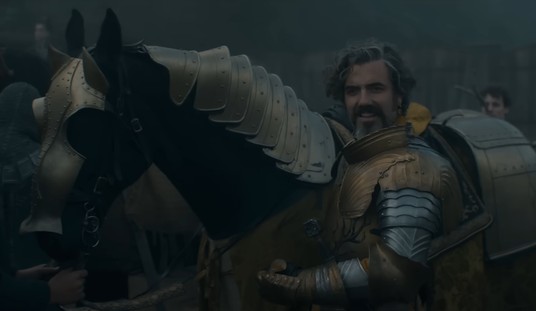
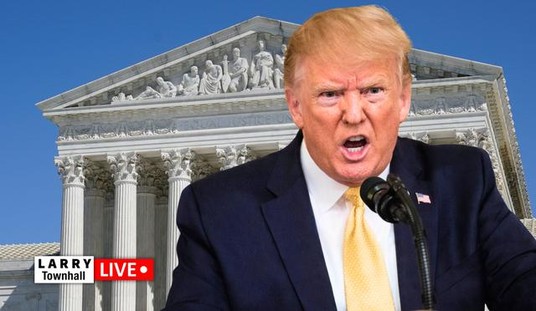
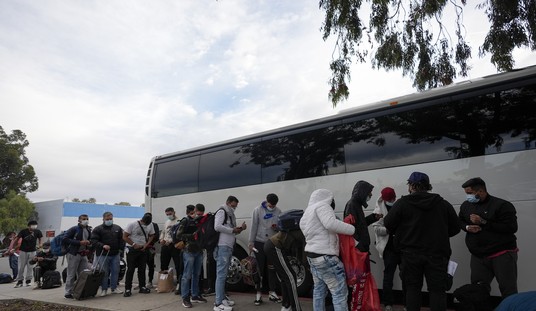

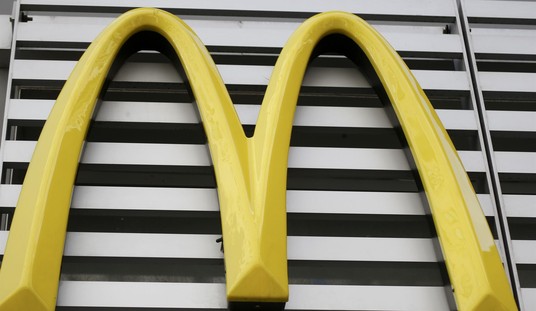



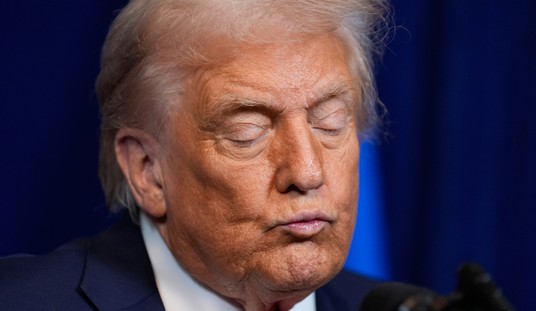
Join the conversation as a VIP Member